Mozambique: Local forces killed 18 terrorists in attack on Magaia village - Muidumbe Administrator
Mozambique: ‘Economic interests’ behind attacks in north – former CPLP secretary
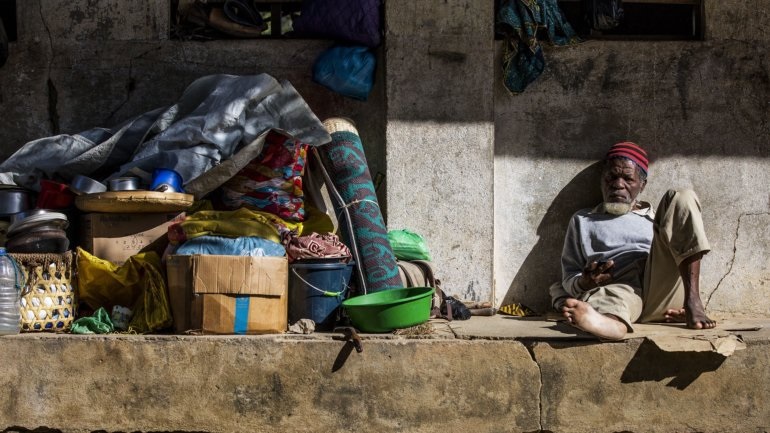
FILE- An internally displaced person in Metuge. [File photo: Ricardo Franco/Lusa]
A former executive secretary of the Community of Portuguese-Language Countries (CPLP), Isaac Murade Murargy, has said that economic as much as religious interests are in part behind the attacks in Cabo Delgado, in northern Mozambique, to which the start of the pumping and processing of natural gas in the region “constitutes a danger”.
Murargy, a career ambassador who also served as a senior aide to Joaquim Chissano when he was president of Mozambique, and later as CPLP executive secretary, spoke in an interview with Lusa that focused on the attacks – for some of which the Islamic State has claimed responsibility – that have driven hundreds of thousands of local people from their homes in Cabo Delgado.
“How does this situation arise at a time when large energy reserves are discovered in that region?” Murargy asked rhetorically. ” That is the question. What interests are at stake?”
In the interview, Murargy stressed that there are only two ways in which outside forces can penetrate Cabo Delgado: from the sea and across the border with Tanzania.
“This at first had a religious component and then became an economic component,” he said. “The first trials of the invasion were done through the so-called madrassas [Islamic schools], which wanted to get rid of [Mozambique’s] Frelimo administration, wanted to introduce Islam, the Koran. It started with such a movement.
“As the process progressed we saw that the forces they used were beyond a simple religious “They were already using war tanks and military means [that were] a little more sophisticated, which already called into question the religious nature of this invasion.”
Murargy did not specify what economic interests might be behind the rebels, but said that “there may be outside the region at stake,” noting that the prospect of large gas exports from Mozambique may “constitute a danger at the level of the supply [of natural reserves] in the international market and create an imbalance in prices.”
Cabo Delgado is the site of the largest privately-funded project currently underway in Africa, for the pumping and processing of natural gas.
However, Murargy acknowledged that so far it has not been possible to understand the aim of the attacks: “whether to establish a caliphate in that region, which is one of the hypotheses we are talking about, or whether to create a kind of blockade for the beginning of the exploitation of the natural resources that are in that area, that is, to slow down the exploitation process.
“We have to analyse that,” he said. “We are trying to see who the forces behind … this jihadist movement are.”
There is, though, he said “a truth” that cannot be denied: the conflict in Cabo Delgado “is of a religious nature and may also have an economic component.”
For armed groups to disembark on the coast, as they have done, someone must have provided them with the means to do so.
“I don’t believe that a simple terrorist has that great military capacity to do so,” he said. “A force behind them is supporting the invasion in Mozambique.”
According to Murargy, what is happening in Cabo Delgado is also gaining ground in Tanzania: “It’s a movement coming from up there, but coming down from Somalia. This is because there are citizens from other countries who are involved in this and who want to turn this whole region into an Islamic region.”
Mozambique’s government “is very concerned”, he added. “The armed forces of Mozambique, the security forces, are working to stabilise the situation. They are not standing still; they are even gaining ground and they are even managing to stop the invasion a little.
“But a guerrilla force .. .is not that easy to eliminate,” he stressed. “It’s not a classic war.”
For the CPLP’s former executive secretary, therefore, a “solution” to the conflict can only come in the “medium and long term”.
The attacks by armed groups in Cabo Delgado since 2017 have already seen at least 1,000 people killed – civilians, Mozambican military and rebels – and have caused a humanitarian crisis affecting more than 700,000 people.
The United Nations estimates that 250,000 people have fled the worst affected districts – more than 10 percent of the province’s 2.3 million population.
In the past year, responsibility for some of the attacks has been claimed by Islamic State.
Rebel groups at one point occupied key villages in Cabo Delgado some 100 kilometres from the provincial capital, Pemba, on the coast, for several days before they were driven out by the Mozambican Defence and Security Forces.


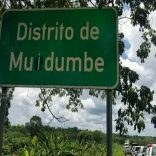
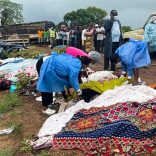
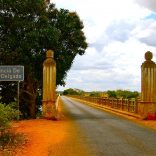
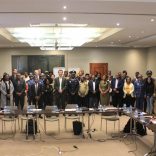
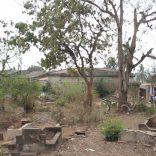




Leave a Reply
Be the First to Comment!
You must be logged in to post a comment.
You must be logged in to post a comment.